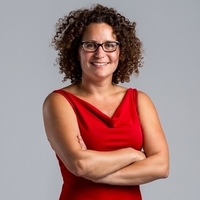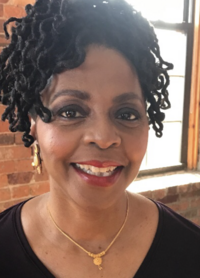Orchestras Canada’s board and staff are collaborating on an end-of-year challenge: we’ve collectively increased our giving in order to create a matching fund. For every dollar that we raise from donors before March 31, to a maximum of $3,000, our board and staff will match the gift, dollar for dollar! Whether you give $25 or $500, you’ll have the joy of knowing that your investment will have twice the impact…but only if you donate before March 31, 2019.
We invite you to make a tax-receiptable donation today through the CanadaHelps form on our donation page. Thank you so much!



 Orchestras Canada has just opened nominations for the 2019
Orchestras Canada has just opened nominations for the 2019